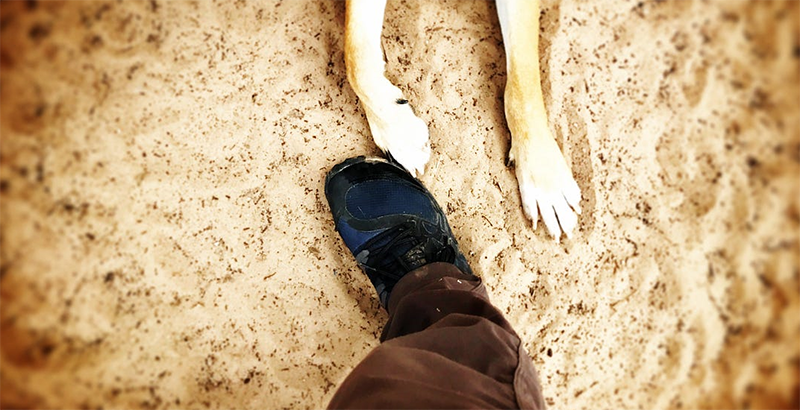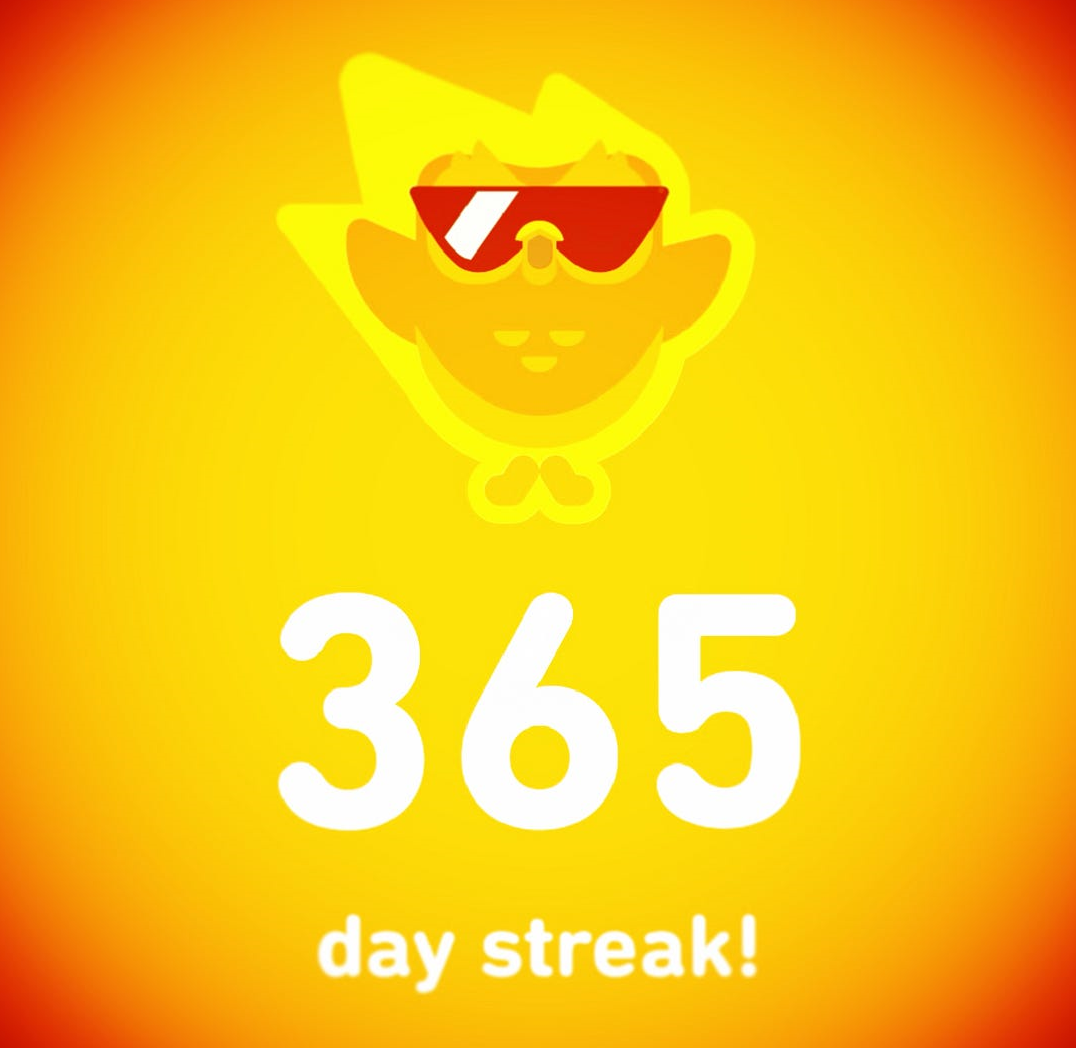|
By Zach Hively This isn’t the first time numbers have threatened to ruin my life, dash my liberty, and dull a non-zero portion of any shot at happiness. They always start out with shiny promises, these numbers. Oh, if only I could quantify all my woes—and then track my progress with stats and data—I would become my fullest, best self. Maybe not at 100%. That’s an outlier result. But at least maybe my seventieth percentile self. My solidly-in-the-bell-curve self. The numbers got to me this time when I was feeling, at best, like I might make numbers people invent negative percentile selfs. Numbers don’t lie—and there I was with indubitably fewer pectorals (0) and abdominals (1) than, say, Chris Hemsworth. (Who has 12 and 17, respectively.) But it’s not fair to compare myself to the literal god of thunder from down under? Fine. I also have undeniably fewer pectorals (still 0) and abdominals (fine, also 0) than Liam Hemsworth (also 12 and 17, but less famously). To be perfectly, abundantly clear: I do not WANT the number of muscles it takes to become a Hemsworth. This is not about how I feel about my largely functional body. I like that it gets to eat pizza. This is about how I have never, in any way, dedicated myself to any one thing with the fervor, focus, and genetics that a Hemsworth applies to his trapezii. Not even with the things I do every day. Things like walking. Now I am aware that step counters are a thing I have only occasionally not been obsessed with. I am also aware that the ten-thousand-steps-a-day target is largely bubkes. A significant amount of walking or otherwise moving, regardless of some arbitrary numeric threshold, contributes to general health. I am ALSO aware that the moment I open up that dormant step counter app, curious if I have been passively Hemsworthing my walking, I will find myself lacking. The numbers will have their grip. I will calculate—sometimes several times a day—how many more steps I must take to elevate my daily average to that magical ten thousand steps, or to reach a robust twenty thousand steps, or (first things first) to get to my front door. Spreadsheets might be involved. Tracking my steps means, of course, that I can shunt most of the personal responsibility for my overall wellbeing to a simple metric: Do I take my phone for enough walks? Taking my phone for walks is essential for the health of my phone. Every step of the way, I ensure I provide it with enough enrichment for its needs. It gets to learn my habits and to eavesdrop on all my interactions. Its helpful suggestions, derived from my very own conversations with myself, have motivated me to numerify everything I do when I’m not walking. And I do mean everything. My intellectual stimulation is quantified by the streak on my language learning app. My friendships by a different streak on my language learning app. My professional performance by my streak of affording groceries. These streaks are not to be confused with my natural state of “being streaky.” The numbers hook my self-care to how many days in a row I accomplish even the quickest of tasks.
If I’m a Hemsworth at anything, it’s rushing through my Spanish practice lesson at two minutes to midnight, just so my three friends won’t feel let down. I do this while pacing to up my step count. Gaming the metrics, baby. Strangely enough, none of these efforts make me feel like I am a better self. Numbers don’t lie—but then again, neither do rocks, and I have found much more inner calm among those than I ever did in algebra class. I find myself remembering, yet again, that numbers alone aren’t destroying my life—but thinking I can quantify my way to passion, dedication, and my very first abdominal muscle means I might be missing something deeper and more fulfilling. I’m reminded of the time an elderly neighbor entrusted me, a teenager, to watch her house for a week. She told me how many times to water her plants. Accomplishing that metric drove me, still a teenager, to actually remember to watch her house and water her plants. The numbers had me. Riding by that house a short time later, I pointed out the front porch flowerbed and proclaimed I must have done a good job watering them right on schedule. My family laughed and laughed. Ninetieth percentile laughter. Those flowers, they said, were fake. Plastic flowers. They needed watered exactly zero times to look that bright. That all adds up to a pretty good lesson, if (unlike me) you care to do the math.
0 Comments
Your comment will be posted after it is approved.
Leave a Reply. |
Submit your ideas for local feature articles
Profiles Gardening Recipes Observations Birding Essays Hiking AuthorsYou! Archives
September 2025
Categories
All
|


 RSS Feed
RSS Feed